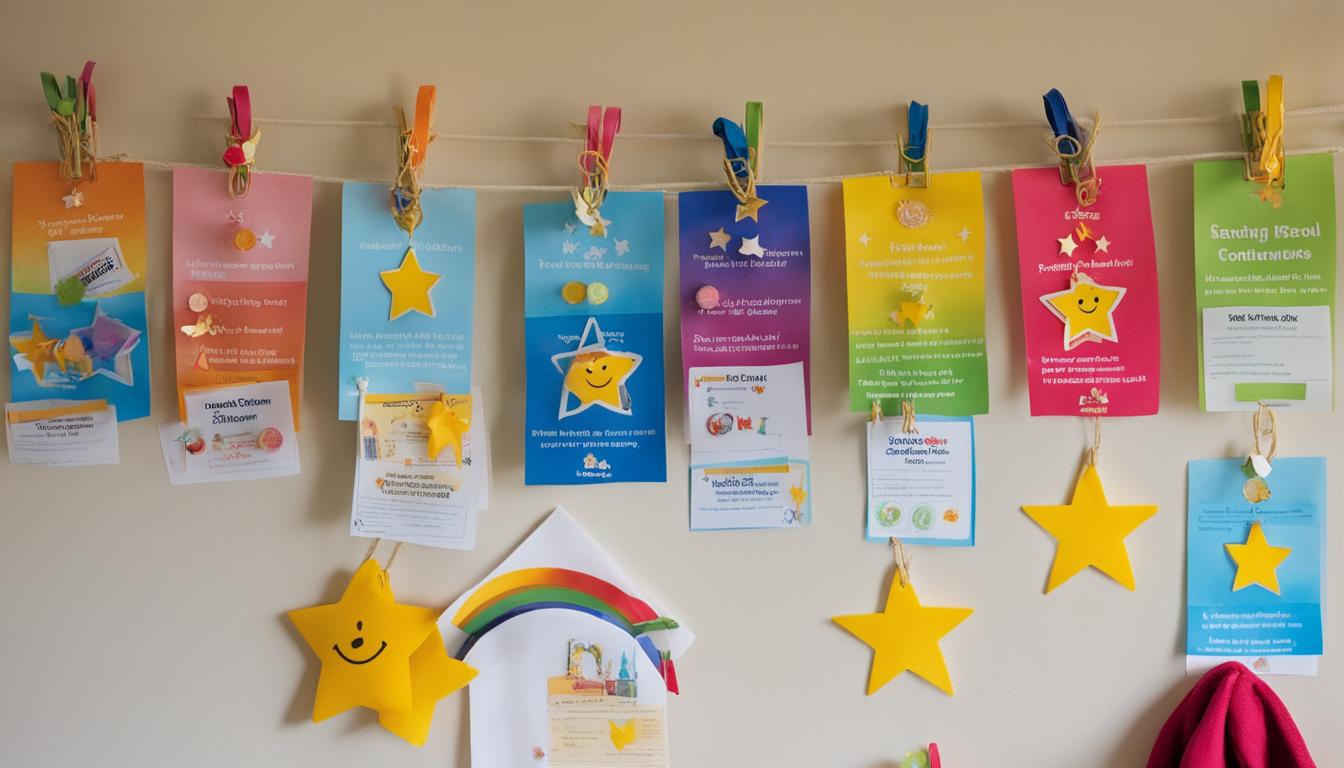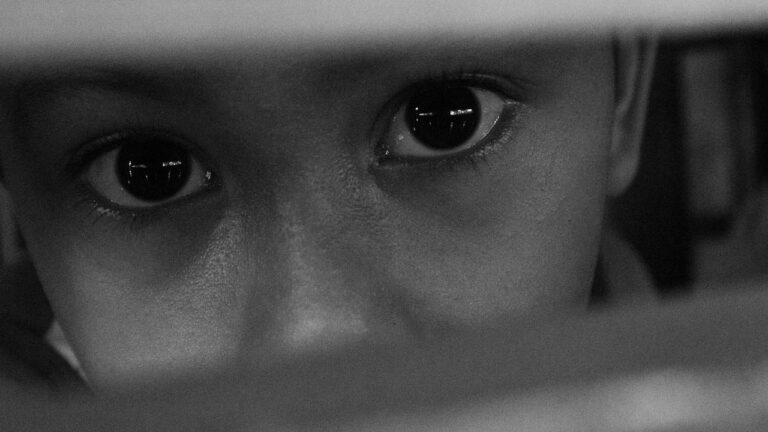How to Deal with a Lying Manipulative Child
It’s safe to assume that everyone has lied at least once. Even the kindest and most honest people have used white lies to get out of sticky situations. And for a lot of people, their memories of lying start somewhere during childhood.
Many children lie, either to their parents, teachers, or friends. You might have even caught your kids lying to you before. Maybe they accidentally broke your vase, used your makeup without permission, or told their teacher their dog ate their homework.
Lying is a part of life, and many kids outgrow lying in favor of being truthful. However, some youths cross the line, and you might find yourself on the tail-end of a manipulated tale. So what can a parent do with a lying, manipulative kid?
Why Do Children Lie?
Why are there times when we refuse to tell the truth? It’s usually to get out of trouble, get something we want, or feign confidence. The same can be said about children too.
However, this doesn’t paint the full picture. Children’s motivation for lying goes deeper than just not wanting to admit that they broke daddy’s favorite mug. And a lot of the reasons why kids lie stem from social development.
According to Child Mind Institute, children lie to test out social cues, improve self-esteem, minimize their issues, and spare others’ feelings. Sometimes, those lies are done out of impulse as well.
Children lie because they want to test a new idea and are curious about its outcomes. They want to experiment with how others will react to them when they tell a lie.
Your child might also lie because they want to impress their peers, especially if they have low self-esteem. You might have seen kids in the playground say things like: “My dad is the president!” or “My mom can make cakes as high as the Statue of Liberty!” Kids lie to try and get the approval of other children around them.
Sometimes, though, kids lie for the complete opposite reason. If a child is anxious or depressed, they can use lying as a way to downplay their feelings. They can lie about feeling alright, having regular sleep, or eating properly. They want to remove all forms of suspicion away from them.
Then there are those white lies. We tend to use this one during social situations. Although lying is morally wrong, white lies are still something some parents teach to help children navigate their social sphere.
Finally, we also have to consider that children might lie without knowing they’re lying at all! Children don’t have the best memory, so they might say one thing that is actually false. For instance, a child might claim to have finished their homework but fail to show any paper. Turns out, it’s an honest mistake!
Like adults, the practice of lying among kids has plenty of nuances. And while young children lie, they have the capability to outgrow this practice.
When Do Kids Start Lying?
Believe it or not, kids as young as 3 years old start lying. However, it’s at around 4-6 years when children lie more frequently and effectively. As children grow older, the lies can become more complicated and convincing.
Generally speaking, lying is morally wrong. However, there are instances when children do lie to keep the peace. As mentioned above, kids tell white lies to please other people. They don’t want to sound disrespectful when someone asks them a question about their appearance or skills (or lack thereof).
But children can go overboard with their lying. Pretty soon, they might start twisting stories and making impossible leaps in logic. That’s when we have a compulsive liar in our hands.
Compulsive Lying: When Lies Start to Control the Narrative
Compulsive lying leaves parents feeling confused, disoriented, and frustrated with their kids. Compulsive lying crosses the line as it affects everyone around you and your child. GoodTherapy lists some signs of compulsive lying in children, including:
- Frequently lying about small or no reason
- Lying to control others
- Lying to the point of interfering with relationships
- A pattern of lying that increasingly gets worse
- Other personality issues like excessive anger, mood swings, and apathy
Some of these signs appear in childhood but will go away eventually. However, some children might stick to lying until adulthood, and their actions will influence their work, friendships, and romantic relationships.
It’s stressful to have a lying child, especially if someone like a teacher or another parent has caught them. So what can you do?
How to Deal with a Lying Manipulative Child?
The first step to preventing lying is to identify the root cause. Excessive lying usually stems from abuse, trauma, or bullying.
While punishing a lying child teaches them that lying is wrong, stigmatizing teaches them to lie better. What you can do instead is to have a conversation about lying and express how telling the truth can lead to less pain and secrecy.
In some cases, compulsive lying and manipulative behavior are signs of mental or behavioral issues. A visit to a child psychiatrist can help your child navigate their emotions and control their impulses.
Most importantly, though, you should be a role model to your child. Children learn what’s right and wrong based on what their parents do. If your child sees you regularly lying, it teaches them that it’s okay because “mommy does it too.”
It’s normal for a kid to lie every now and then. But you should regularly teach and remind them that the truth is always a better option.
Conclusion
Everyone has experienced lying, and children are no exemption. Children lie to feel better about themselves, avoid taking the blame, and keep other people happy.
At some point, lying can be a healthy part of a child’s development. However, compulsive lying and manipulative behavior does more harm than good, and they can leave long-lasting effects on your child. So it’s important to stop those negative behavior before they get worse.
Telling the truth is always the safest choice. Sure, getting scolded stinks. But it will do wonders for your child’s future life.










